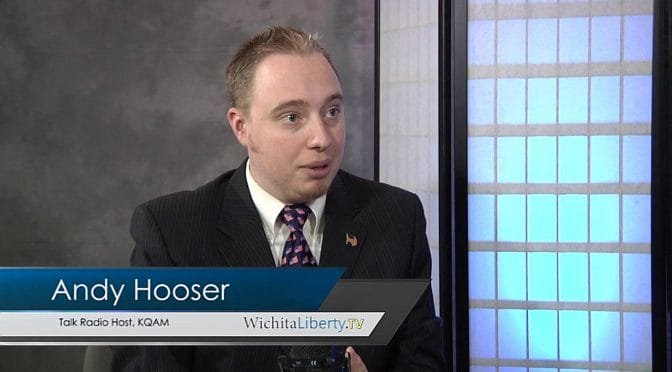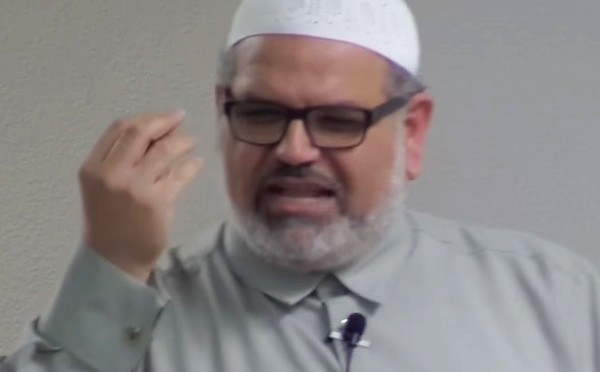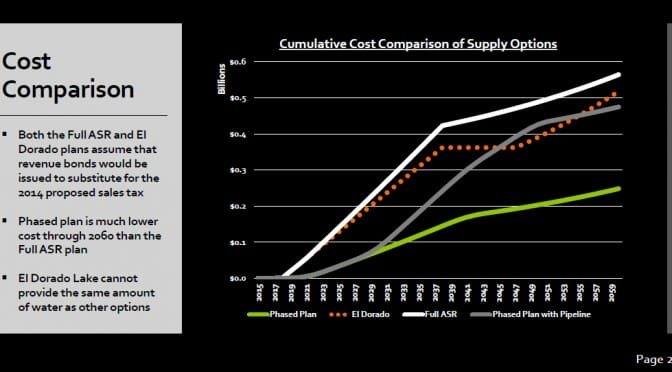Tag: Politics
-

Say no to Kansas taxpayer-funded campaigning
Kansas taxpayers should know their tax dollars are helping staff campaigns for political office.
-

From Pachyderm: Kansas Senate Candidates
From the Wichita Pachyderm Club this week: Republican primary candidates for Kansas Senate were invited to participate in a forum.
-

From Pachyderm: Judicial candidates
From the Wichita Pachyderm Club this week: Republican primary candidates participated in an 18th Judicial District Candidates’ Forum. This is an audio presentation recorded on June 24, 2016.
-

At Pachyderm: Chapman Rackaway on the Kansas primary elections
Professor Chapman Rackaway of Fort Hays State University briefed members and guests of the Wichita Pachyderm Club on the August primary elections.
-

Wichita city council campaign finance reform
Some citizen activists and Wichita city council members believe that a single $500 campaign contribution from a corporation has a corrupting influence. But stacking dozens of the same $500 contributions from executives and spouses of the same corporation? Not a problem.
-

Electioneering in Kansas?
An op-ed written under the banner of a non-profit organization appears to violate the ban on electioneering.
-

WichitaLiberty.TV: Radio talk show host Andy Hooser
Andy Hooser of KQAM’s The Voice of Reason joins Bob Weeks to discuss presidential and Kansas politics.
-

‘Islamophobia’ Is Still Not the Problem: In Kansas, Another Case Study
In the battle against radical Islam, pro-American Muslims who seek peace stand firmly against Hamas, a terrorist organization, material support of which is a felony under American law. It should not be hard to correct any misimpression caused by the Taleb invitation. ISW just needs to stand unequivocally against Hamas, joining Representative Pompeo and scores…
-

In Wichita, the phased approach to water supply can save a bundle
In 2014 the City of Wichita recommended voters spend $250 million on a new water supply. But since voters rejected the tax to support that spending, the cost of providing adequate water has dropped, and dropped a lot.
-

Kansas and Colorado, compared
News that a Wichita-based company is moving to Colorado sparked a round of Kansas-bashing, most not based on facts.
-

Kansas Supreme Court judicial selection
Kansas progressives and Democrats oppose a judicial selection system that is used by U.S. Presidents, both Democrats and Republicans.
-

At Pachyderm: Gun Rights and Politics
On March 11, 2016 the Wichita Pachyderm Club featured The Honorable Phil Journey speaking on the topic “Gun Rights and Politics.”